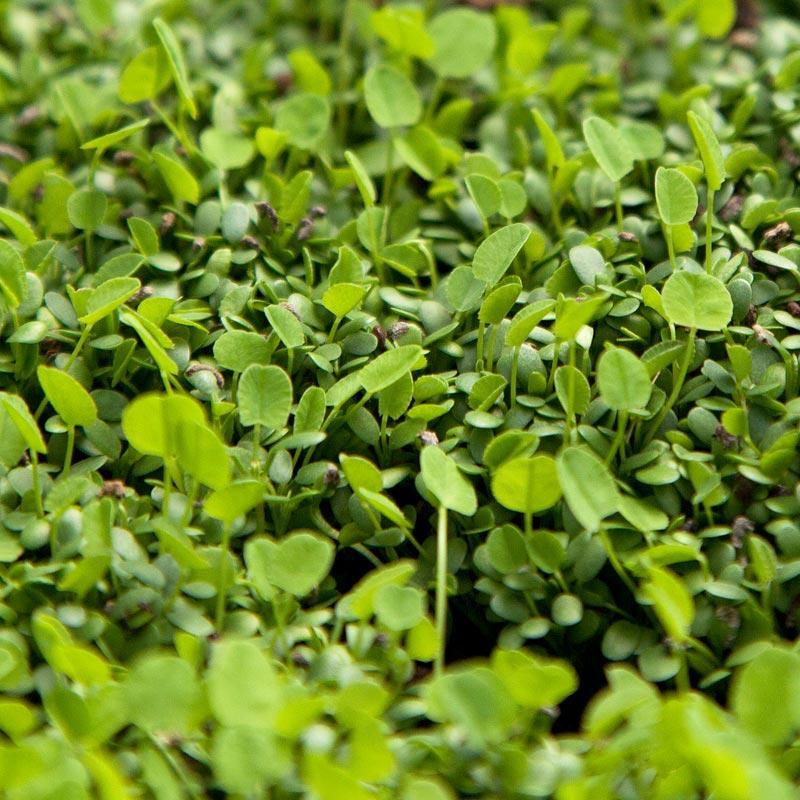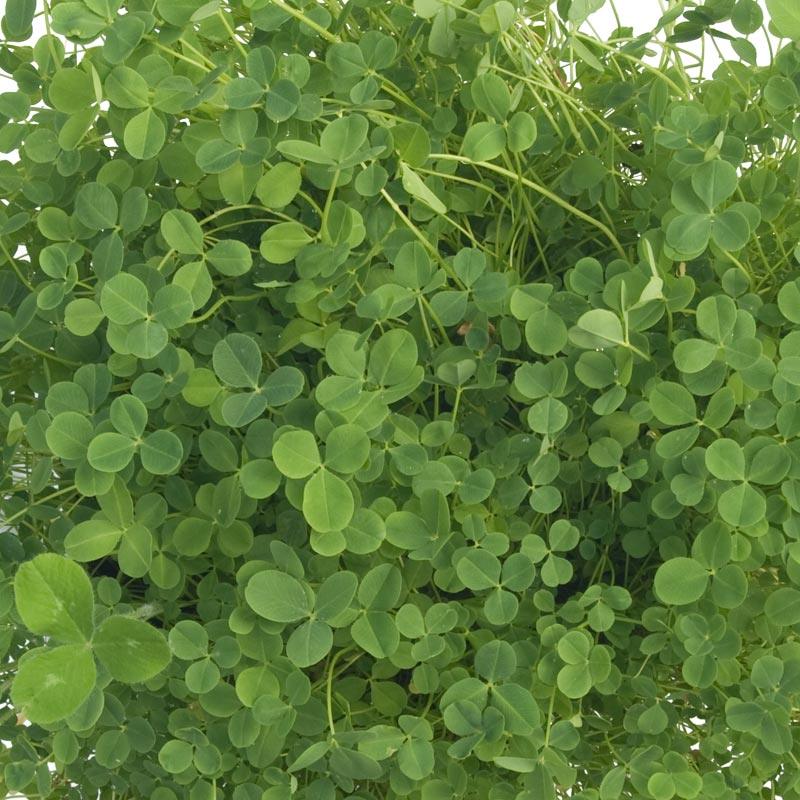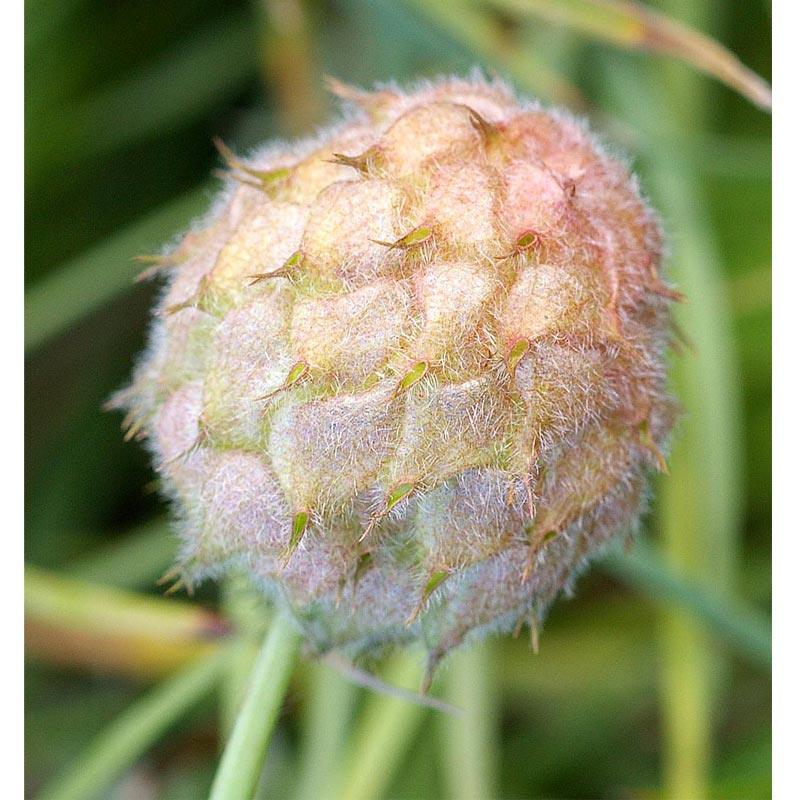Item Number: SCL355
Palestine Strawberry Clover - Nitrocoated Seed (lb)
Low Growing Strawberry Clover
Trifolium fragiferum Perennial legume cover crop.
Palestine Strawberry Clover is a hardy, low-growing perennial valued for its deep roots, heat and alkali tolerance, and adaptability to challenging environments. Known for its distinctive strawberry-like seed heads, this clover enriches soil by fixing nitrogen—up to 110 lb/acre—while supporting beneficial insects. Its ability to thrive under flooding, salinity, and grazing pressure makes it an ideal cover crop for orchards, vineyards, pastures, and hay mixtures.
- Application Rate: 0.25–0.5" deep at 0.5–1 lb/1,000 sq ft or 12–15 lb/acre
- Inoculant: None needed, seed is nitrocoated
- Germination: 5–10 Days
- Plant Height: 14"
- Uses: Orchards, vineyards, pastures, hay mixtures, erosion control, beneficial insect support
- Facts to Note: Can handle up to two months of flooding, grows along salty tidal streams, and tolerates both mowing and grazing. Best planted in fall or spring.
Did You Know? Palestine Strawberry Clover is one of the few clovers that can thrive in saline soils and even along tidal streams, making it a valuable option for challenging sites.
Note to Certified Organic Growers from Manufacturer: Nitro-coated seed is conventionally grown seed that has had an organically accepted seed coating applied to it. The seed itself is conventionally grown, non-GMO, and untreated (no fungicides or insecticide seed treatment applied) prior to coating. The seed coat consists of certified organic powdered limestone, an organically approved binder (glue), and peat peat-based inoculant that is also OMRI-approved and organically accepted. The seed coating is applied in a OMRI-approved process in a separate treatment line that only produces Nitro-coated seeds.
Check Your Zone Compatibility:
Compatible with your zone.
Growing Zone for

Our Guarantee To You
Since 1976, we've served our customers at every stage of growing. Please contact us at any time. We are happy to support and assist you.
Shipping Information
Shipping Information
Shipping Weight: 1.1 lb
Dimensions: 8.0"L x 6.0"W x 2.0"H
Features
Features
- Attracts Bees/Butterflies
- Attracts Beneficial Insects
- Cold Hardy
- Down to 25°F
- Fixes Nitrogen
- Germination in Soils
- Good for Forage/Hay
- Good for Weed Competition
- Helps Control Erosion
- Loosens Heavy Soils
- Nitrocoated
- Requires Summer Water
- Shade Tolerant
- Somewhat Drought Tolerant
- Tolerates Mowing/Grazing
- Tolerates Poor Drainage
Characteristics
Characteristics
Use Instructions
Use Instructions
Useful Information
Useful Information
Guarantee
Guarantee
Share
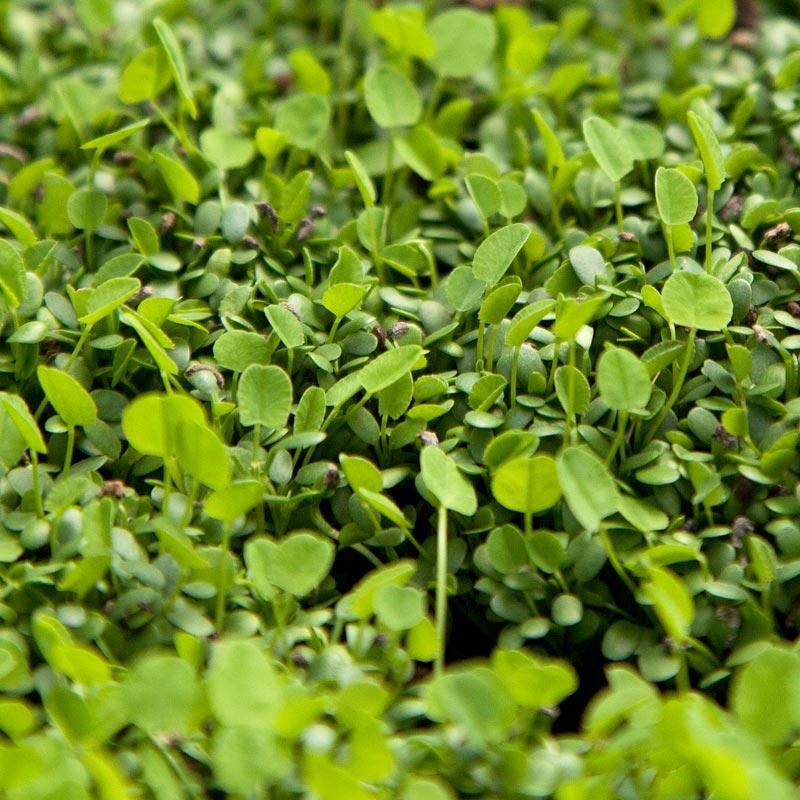
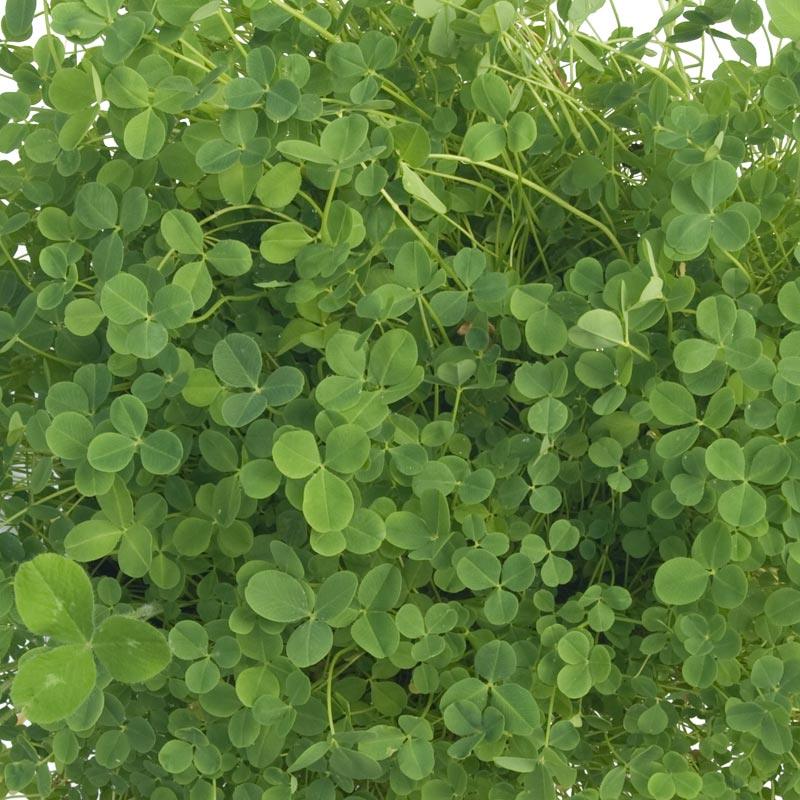
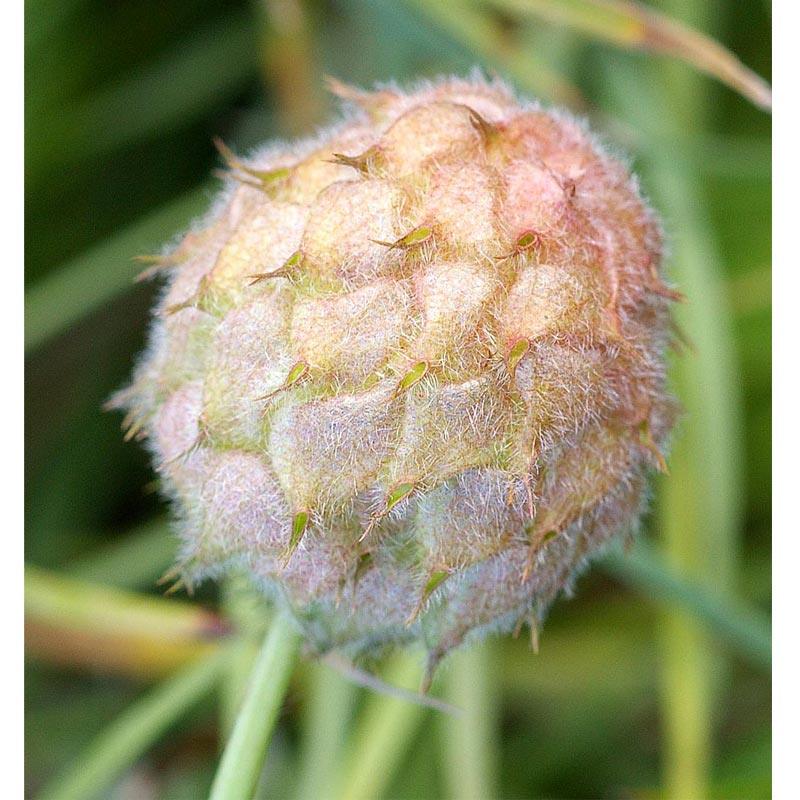
It didn’t work for us. We kept it wet, tilled the soil first, but it did not sprout.
Even in Southern Arizona...
this clover pops up with 4-5 days. Great product that I mix with good bug seed.
I am lucky to have this growing in my yard. I only wish that it would spread faster. My climate can be extreme. It can rain for weeks at a time when there are hurricanes in the gulf or it can go to drought for months with temps over a 100 every day. This past winter, the polar vortex dropped temps to 3 degrees for a week. I lost some plants but not this. This plant is superior to bermuda grass because it is not so aggressively invasive. It has pretty pink flowers when it blooms. It can be walked on and mowed just like grass. It is more lush and green than grass. I have always just broadcast it in spring and fall. If I followed directions, I might have even more. My goal is to completely replace the bermuda grass which is a curse. I also have heavy clay which can be pudding quicksand when wet or like cement when it is hot. This plant takes everything in stride.
came up much better than my strawberry clover that I mixed with innoculant because it was not coated. Waiting now to see how it handles the summer.

